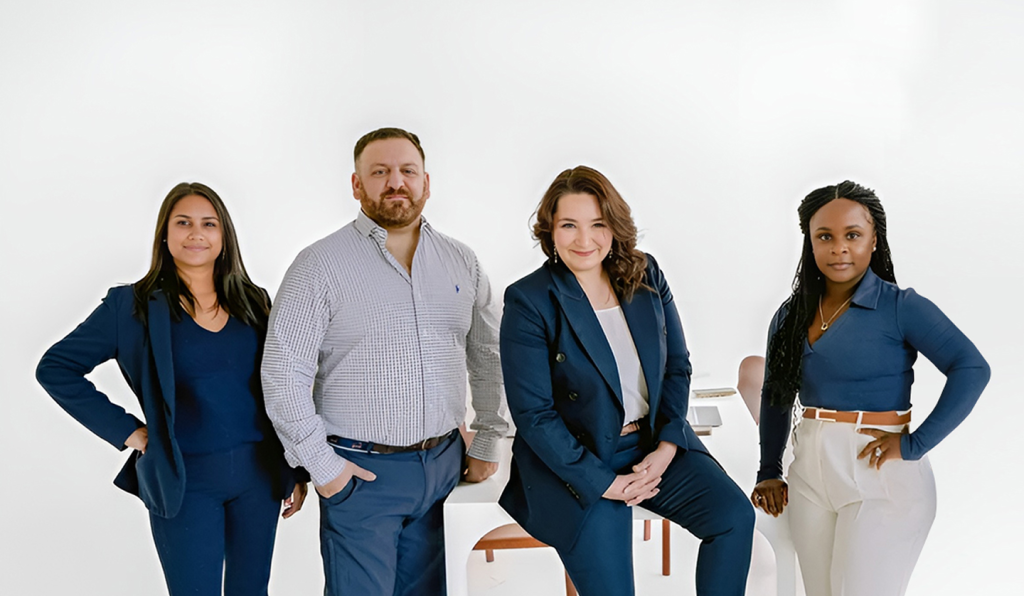
Property and business owners and managers have a duty to keep their respective properties safe, including a duty to inspect the property and fix anything that may pose a danger. The extent of that duty is dependent on different factors, like what type of visitor the injured party was. Homeowners’ duties are slightly different from other property owners’ or business owners’ duties.
What matters in the end is this: if you have been injured and it was due to a property or business owner’s breach of their duty, you may be able to file a personal injury claim against them and/or their insurance company. At Nares Law Group, our personal injury attorney in Colorado will provide the advocacy and representation necessary to obtain the compensation you deserve. Contact us at 720-637-7786 to schedule a Free Consultation.
The extent of liability a property or business owner has is dependent on the type of visitor the injured party is. There are three types of visitors: trespassers, licensees, and visitors.
Trespassers are not authorized to be on the property. There is no duty to protect trespassers but a property or business owner or manager cannot willfully harm a trespasser. There are two exceptions:
Licensees, like dinner guests or meter readers, are foreseeable visitors who are on the property with the owner’s express or implied permission but not for the owner’s financial benefit. Homeowners and occupiers or renters have a duty to take reasonable care to protect licensees from any known hazards on the property, but there is no duty to inspect the property for hazards.
Invitees, like customers in a store, are foreseeable visitors who are on the property with the owner’s permission and for the owner’s benefit. The highest level of responsibility is with invitees, where property owners or occupiers owe a higher duty to keep the premises safe and to inspect for any dangers and then, if a dangerous situation, take appropriate action to address it.
There are a wide variety of ways for property hazards to cause an injury. Some of the most common include:
When the injuries sustained in these accidents prove to be fatal, it can lead to a wrongful death claim.
Premises liability claims are often founded on the negligence of a property owner or entity. Negligence is the failure of that property owner to provide a certain level of care that is reasonably expected or required of them by law. When a person is injured because of that negligence, the injured party can claim or sue for personal injuries.
Common personal injuries in premise liability cases include but are not limited to:
You may also suffer pain and suffering and emotional distress caused by the accident and/or any of the above injuries.
Premise liability claims are brought against the owner or occupier of a piece of property. As such, people or entities most likely to be held accountable are:
Keep in mind that your personal injury or wrongful death claim will be filed against the insurance policy that covers the property. In some cases, you may also file a claim against the individual property owner or occupier.
Property owners and/or their insurance company or the insurance adjuster will try to defend themselves. There are three main doctrines that are often employed as defenses: assumption of risk, comparative negligence, and contributory negligence.
The assumption of risk doctrine suggests that you as the victim/plaintiff voluntarily assumed a risk of harm that may have arisen from the negligent or reckless conduct of the defendant, and as such, you cannot recover for the harm. Under this theory, you enter into a risky situation knowingly and therefore cannot claim damages when/if an injury occurs. The defendant must show that you knew or were aware of the danger or risk but undertook it anyway.
Comparative negligence is a partial legal defense in the sense that the plaintiff can still recover if the defendant is successful, but the plaintiff’s recovery will be reduced according to their own negligence contributing to the injury. Comparative negligence is a doctrine that most U.S. states follow. There are, however, three different categories of comparative negligence:
Premises liability cases can be complex. You need a premises liability and personal injury lawyer not only for the latter reason but for these reasons as well:
Do not suffer in silence. Our personal injury lawyer in Colorado will be your voice during this difficult time. At Nares Law Group, we know the law and have the resources to investigate and build your case. Contact us today at 720-637-7786 or fill out our online form to schedule your Free Consultation.